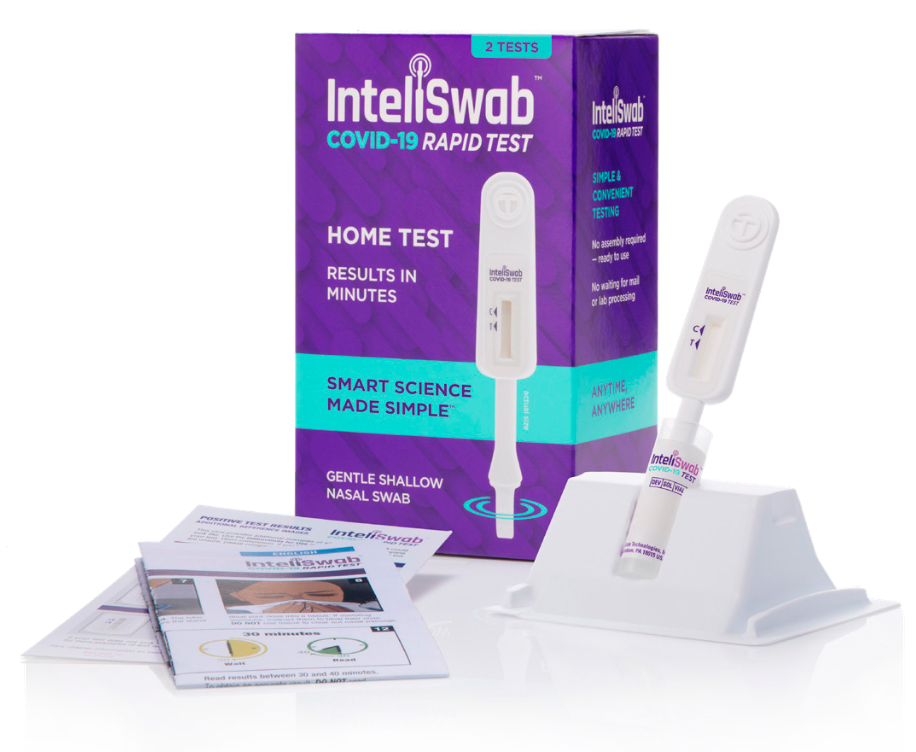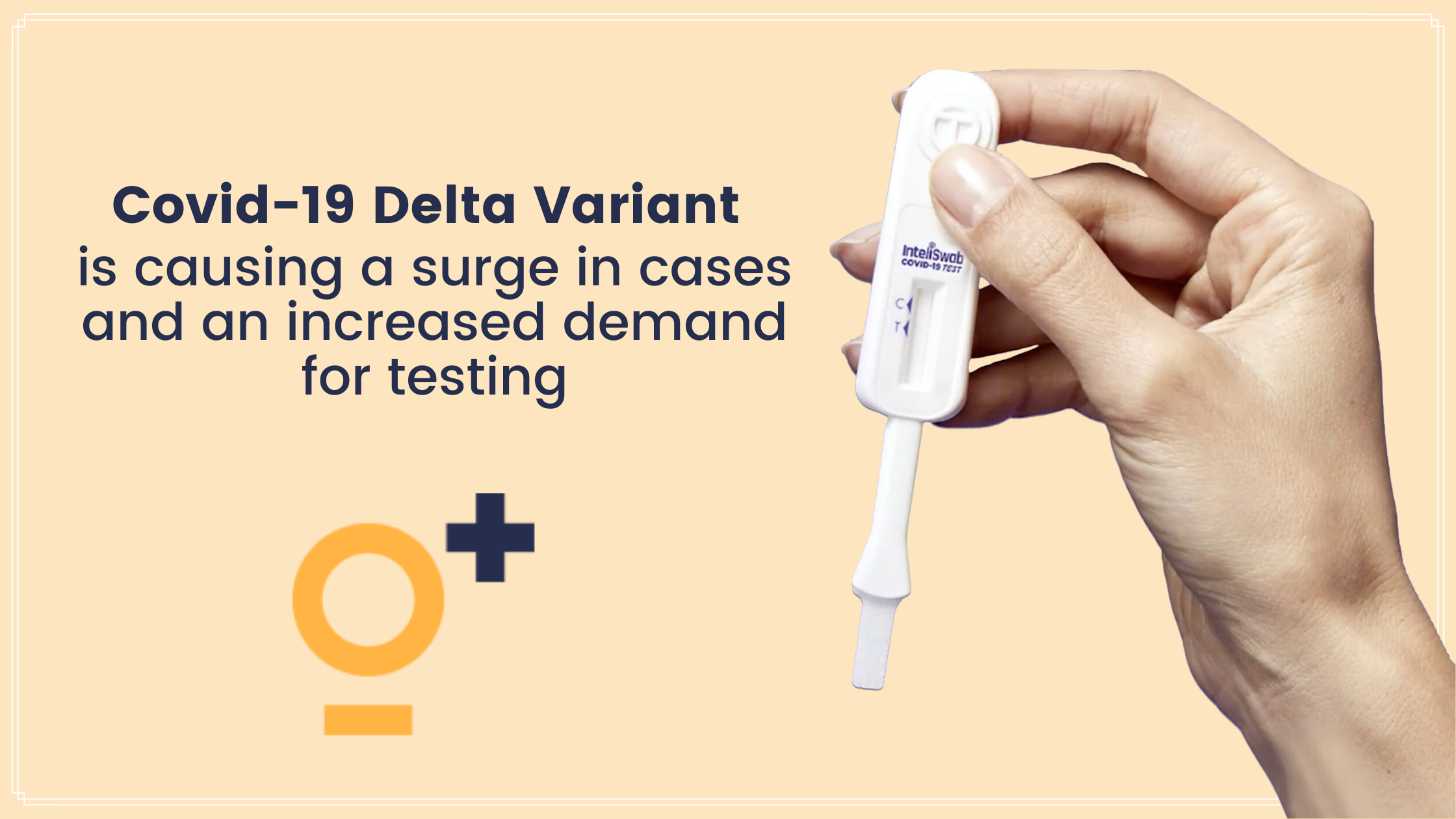With the rapid spread of the Covid-19 Delta Variant causing the recent surge of cases, fear is back once again (or maybe it's reminding us it never left at all). It is clear that COVID is here to stay and will be present in the foreseeable future unless we work together to take the necessary precautions.

Early Testing is Crucial
Regardless of vaccination status, it is important to test for Covid-19. If you have been exposed to someone who might have come in contact with COVID-19, you should get tested 3-5 days following the exposure even if you are asymptomatic and/or vaccinated.
Common COVID-19 Symptoms:
- Fever or chills
- Cough
- Fatigue
- Muscle or body aches
- Headache
- Shortness of breath or difficulty breathing
- New loss of taste or smell
- Sore throat
- Congestion or runny nose
- Nausea, vomiting, or diarrhea
Testing & Summer Travel
Summertime is at its peak and it is imperative to be knowledgeable about traveling during the pandemic. The CDC recommends limiting travel if you are unvaccinated and to take extra precautions, such as testing before, during, and after travel, if you decide to plan a trip.
Traveling in the U.S.
- Avoid non-essential travel if not fully vaccinated
- Testing is not required if fully vaccinated
- Check travel guidance before you depart
- Wear a mask during travel
- Follow these post-travel requirements:
Fully Vaccinated: It is not required to get tested before/after you travel. However, you should still follow all travel recommendations and continue to monitor for symptoms.
Unvaccinated: Must get tested 3-5 days after travel AND stay home to self-quarantine for 7 full days. Continue to monitor for symptoms.
Traveling Internationally
No matter which country you are traveling to or your vaccination status, you will have to get tested before boarding your flight back to the US. Travel with self-administered Covid-19 tests so you don't have to worry about testing in an unfamiliar location on your vacation.



